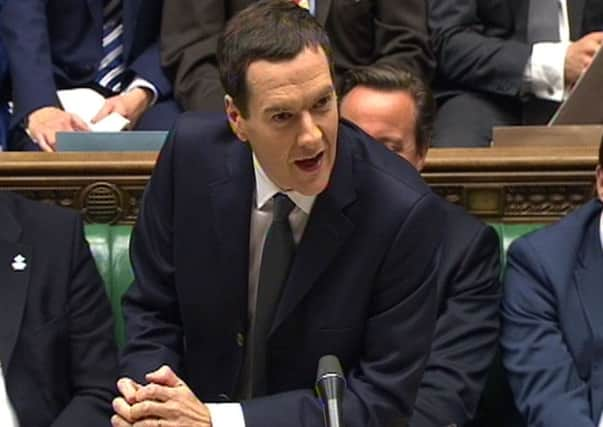Five things the North learnt from today’s Autumn Statement


1. The Tories love home owners.
A cut in stamp duty for everyone but the richest. The Chancellor not only helps the home buyer with this move, but he shoots labour’s fox when it comes to a mansion tax. Instead of hitting those who are only asset rich, think little old ladies, the move hits those who buy mansions.
For 98% of us the move is a cut worth on average, in Yorkshire, between a few hundred and a few thousand pounds.
2. And George Osborne loves the north.
Advertisement
Hide AdAdvertisement
Hide AdWhen roads and schools and even museums are taken into account, there’s £7bn across the three northern regions revealed this week. The only thing missing was a Manchester-style devolution package for Leeds, Sheffield and other Yorkshire cities. Deputy Prime Minister Nick Clegg says don’t panic, it’s just weeks away.
3. Someone told the Chancellor about our trains
The Chancellor revealed those rickety old Pacer trains used by Northern commuters will be phased out. Those looking to run rail services across the north will have to put forward a plan to replace them. There is also a £38m package for Leeds Bradford Airport - but the local councils will have to decide how to fund the rail and road measures included in it.
4. We’re not out of the woods yet.
There’s more pain to come. Borrowing is up by £5m on projections, and at least £10bn of efficiency savings are being looked at in Whitehall. There’s also more trouble for those on public sector wages, with pay freezes not about to go away.
5. Big business pays.
A Google tax, as the Chancellor insists he doesn’t call it, will see a 25% surcharge on firms who seek to register their profits offshore.
There’s also a £90,000 charge for non-doms resident in the UK for 17 of the past 20 years - meaning in reality that rich Londoners pay.